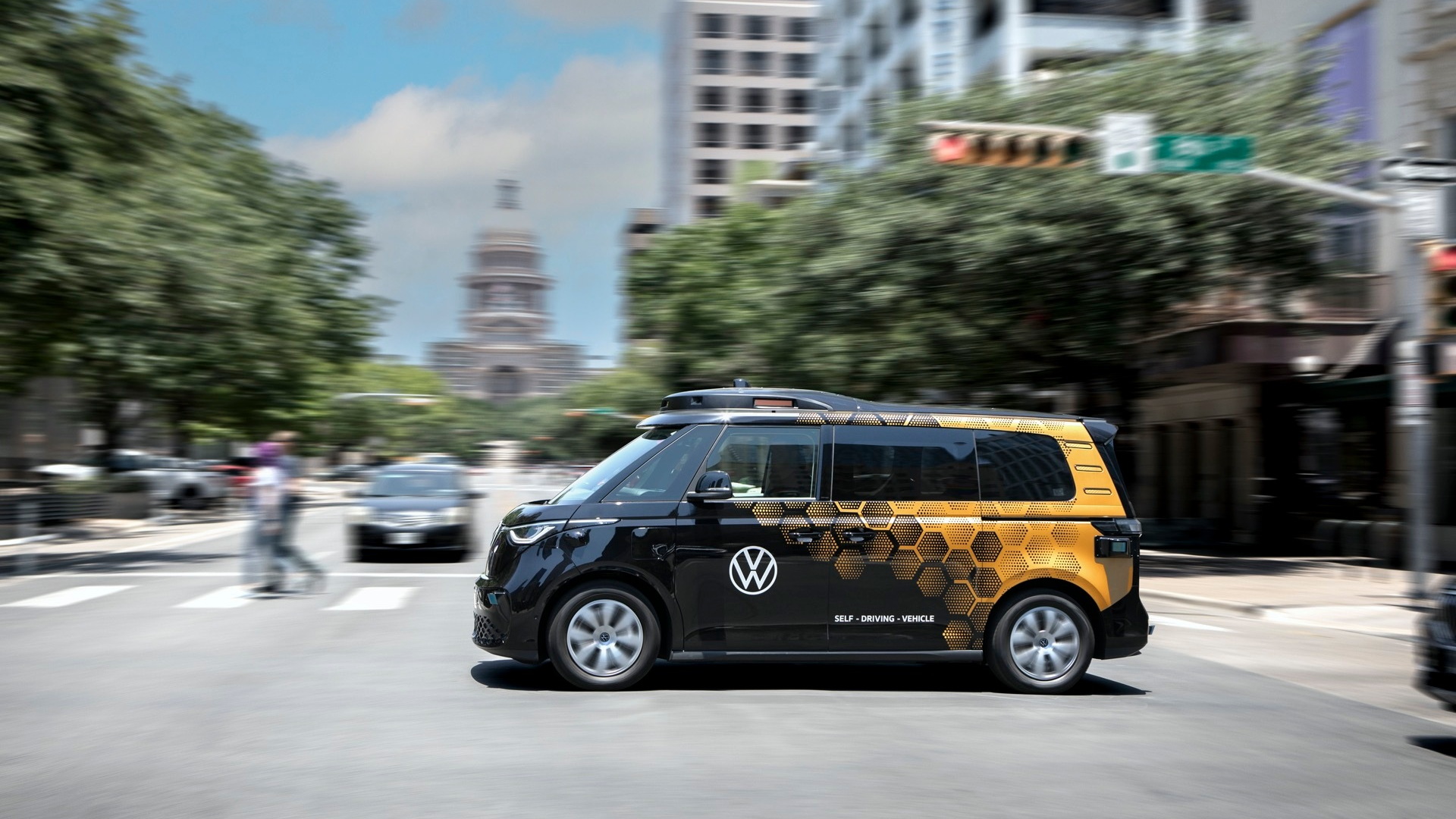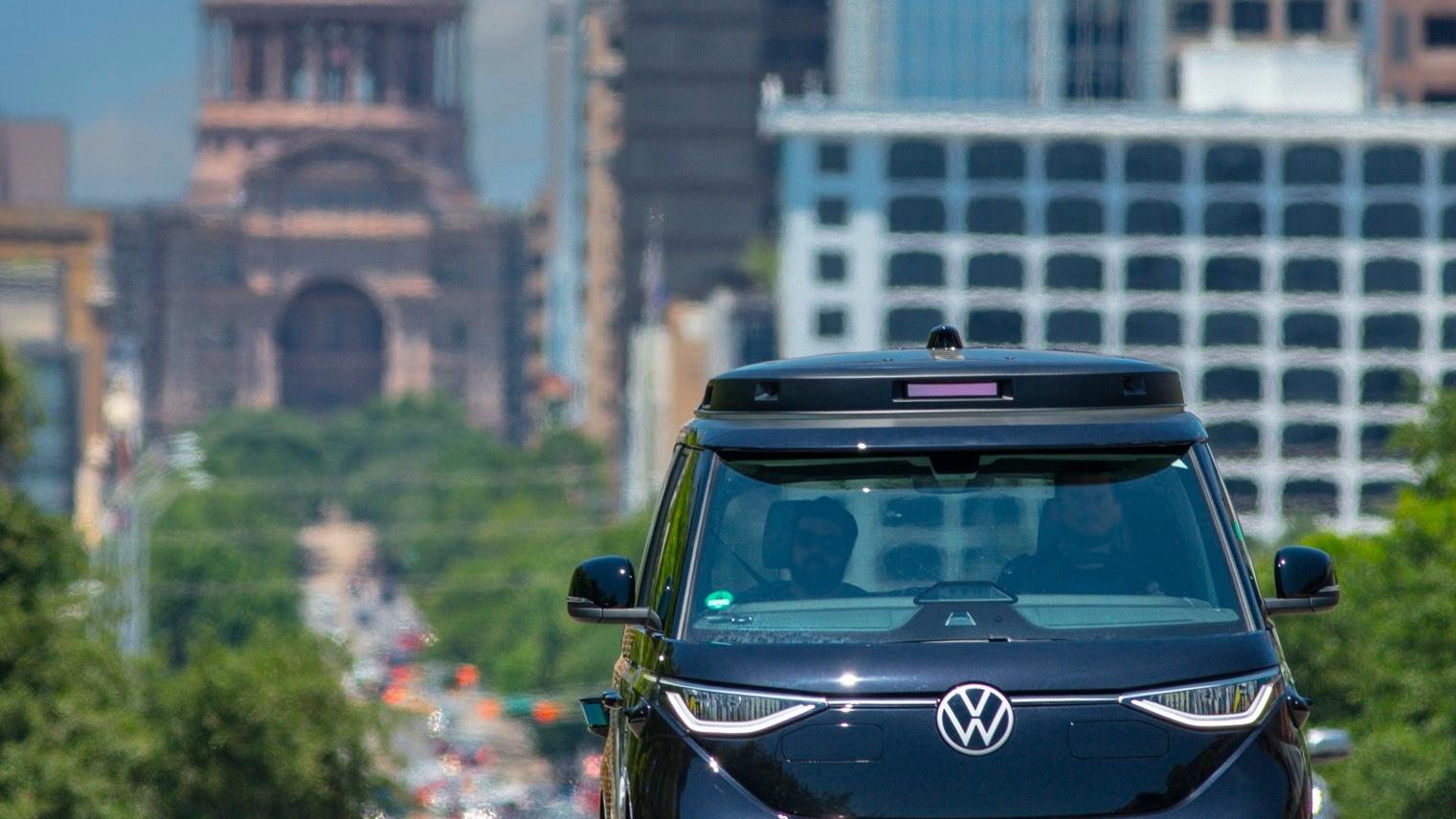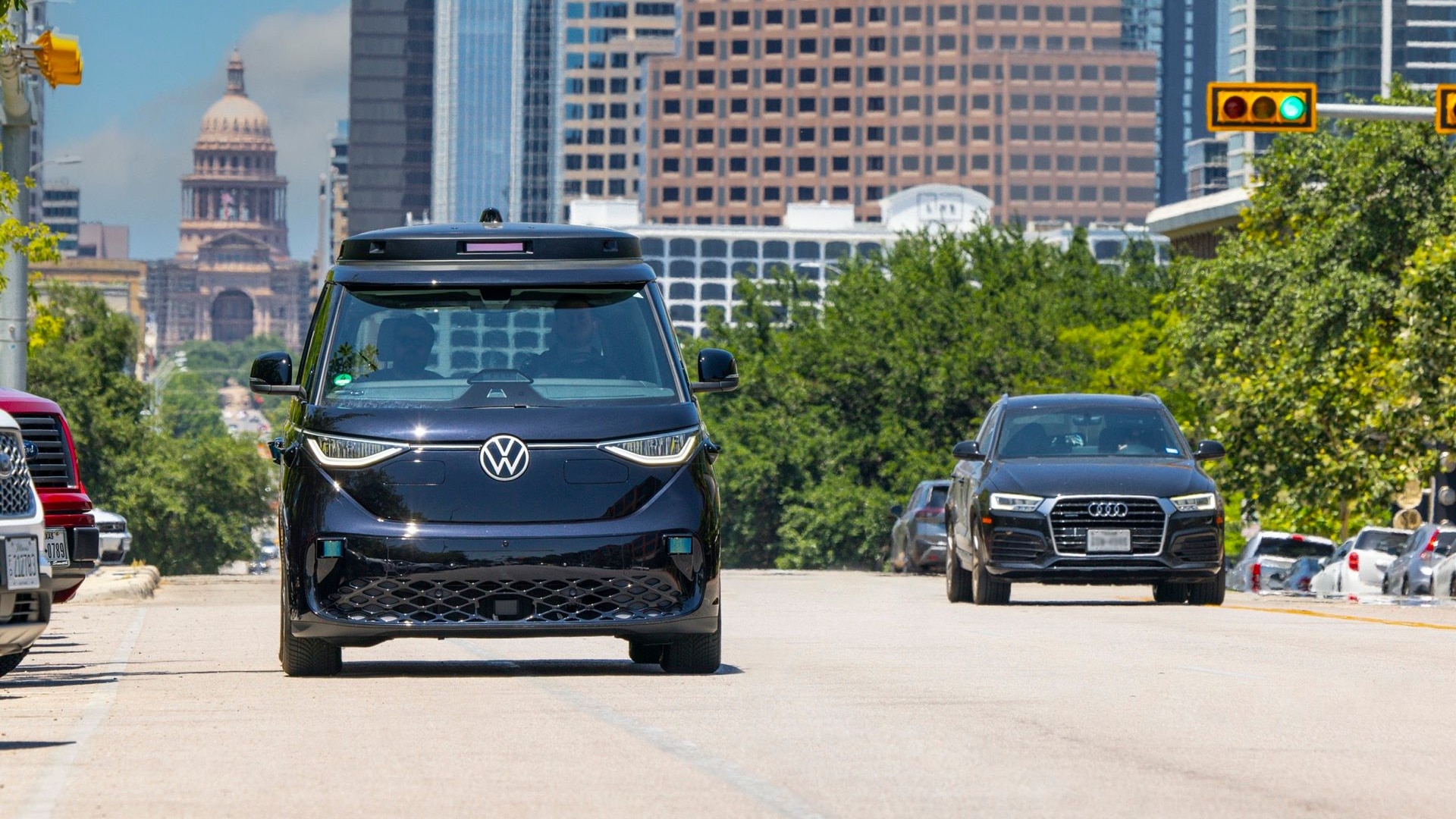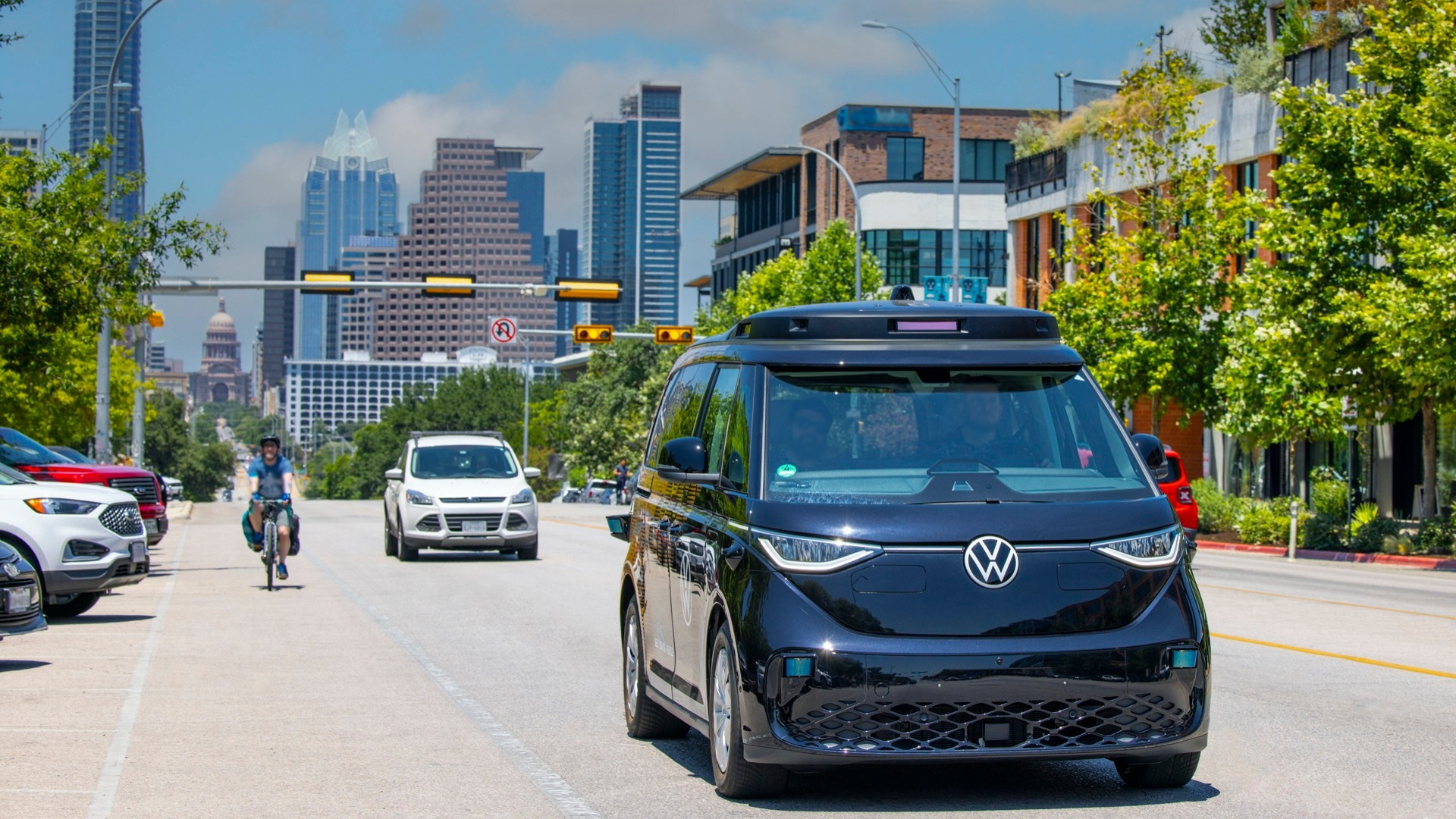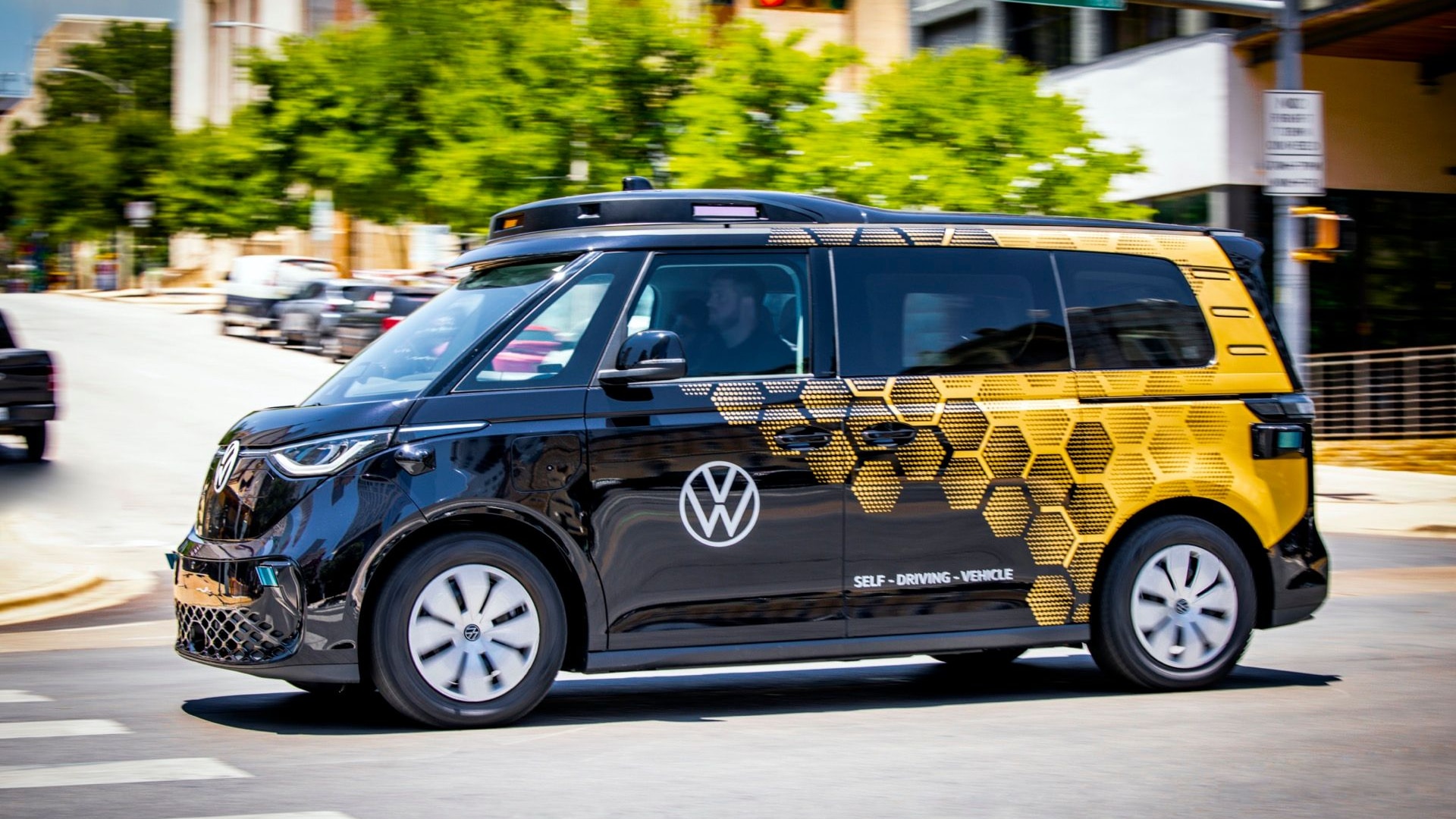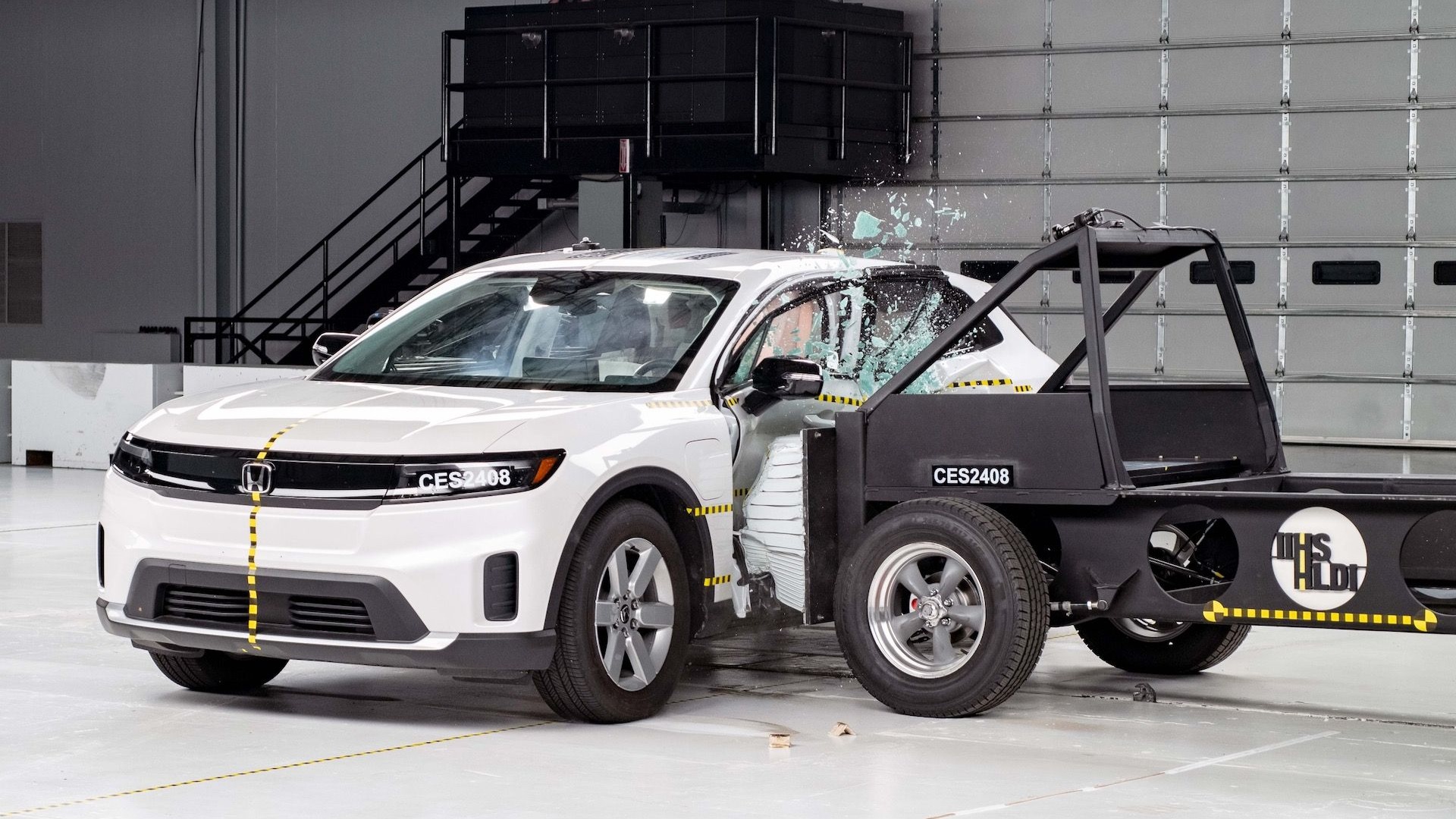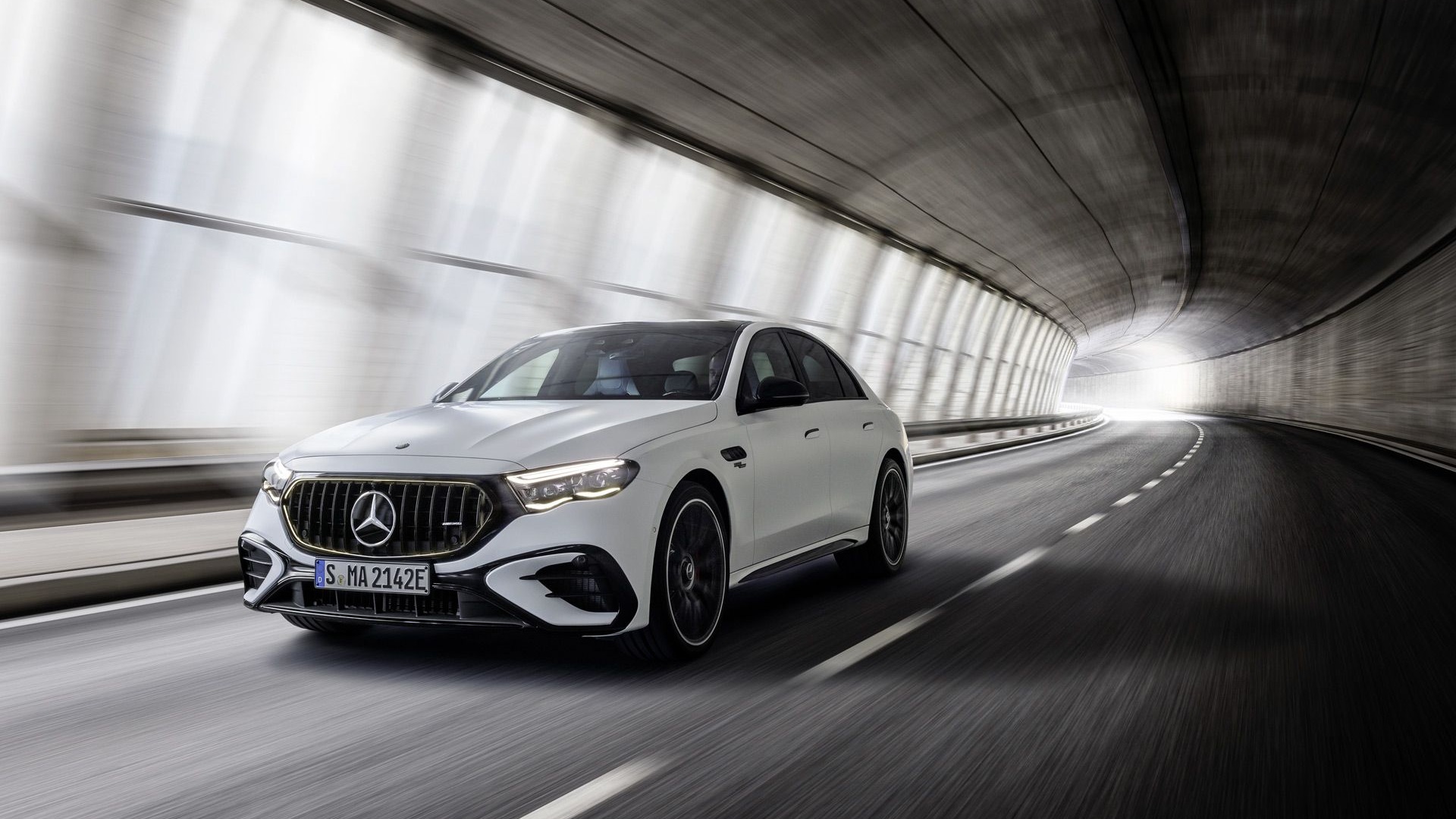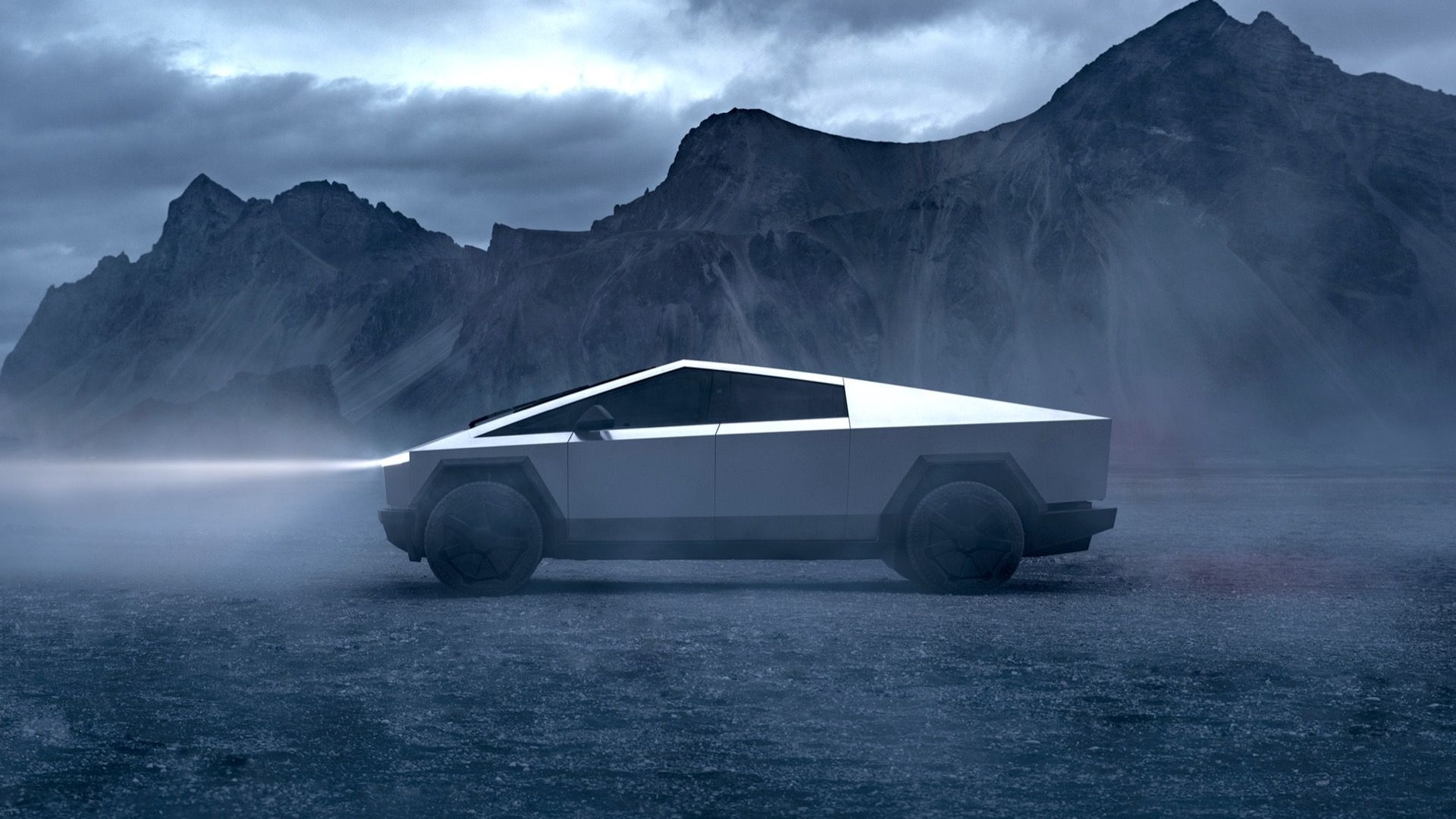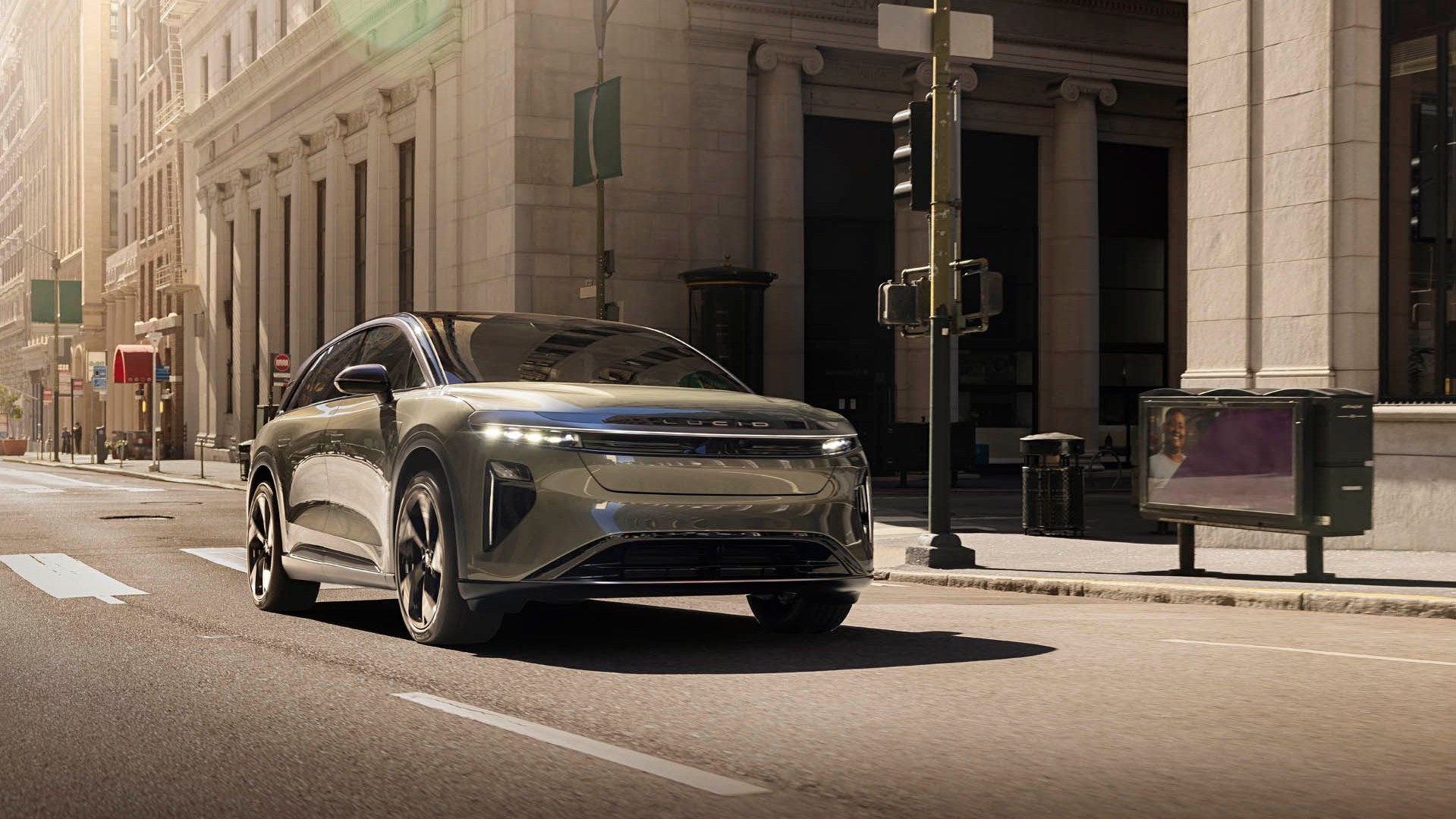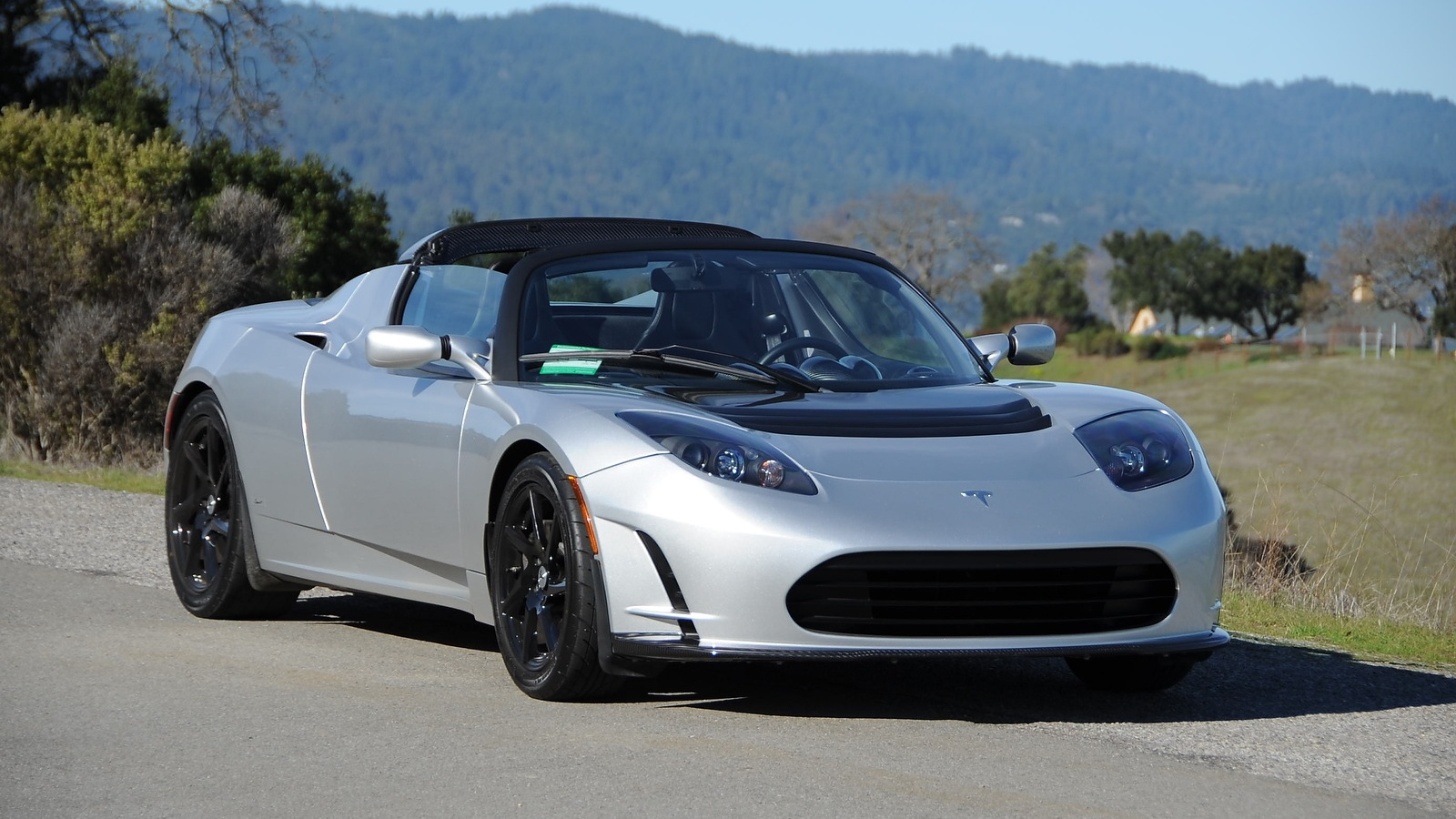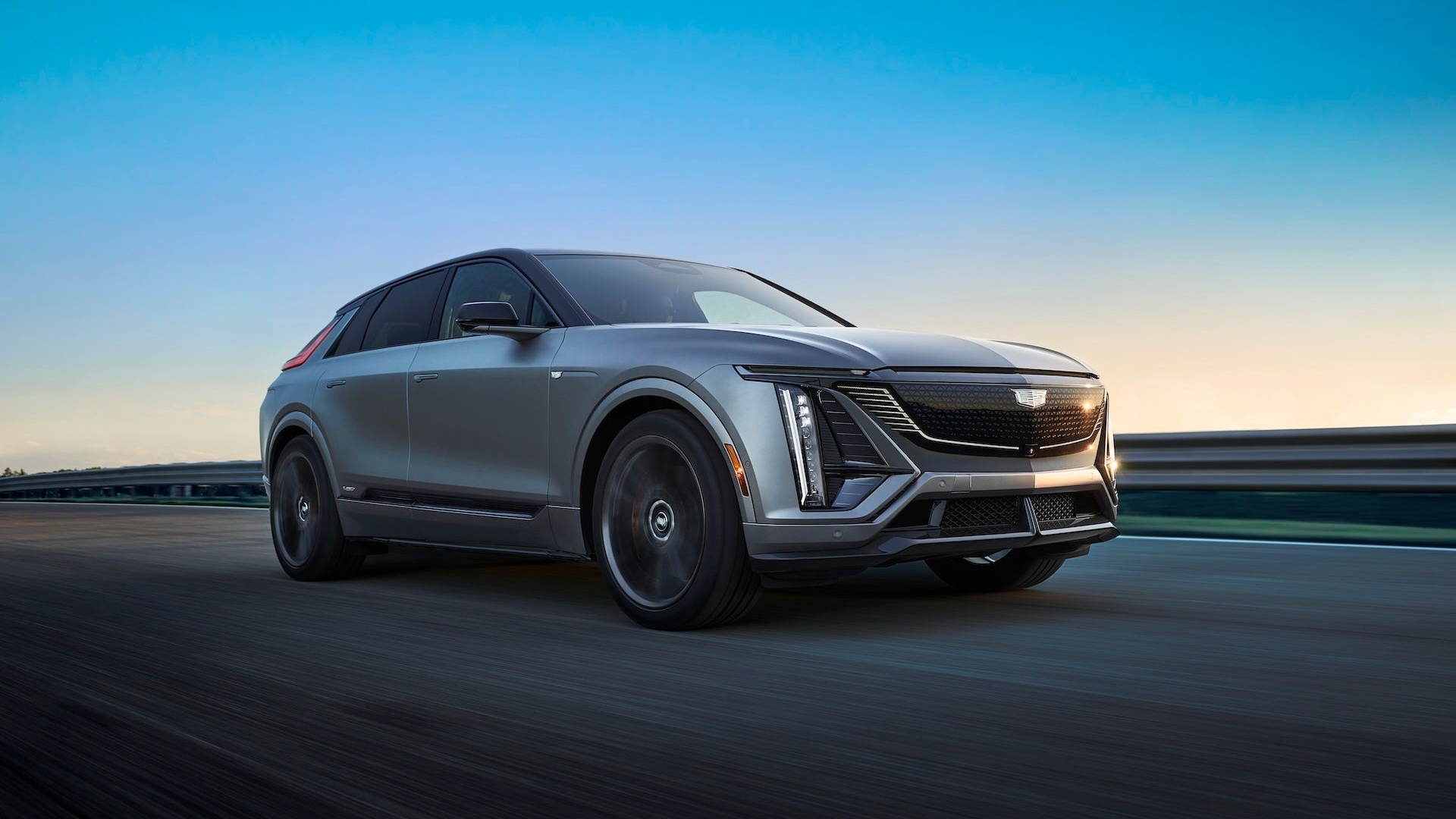Some of the first sightings of the Volkswagen ID.Buzz electric van in the U.S. will be right around Tesla’s base of Austin, Texas.
Starting this month VW will be sending out 10 ID.Buzz electric vans there as part of a test program for a platform developed by the VW Group with Mobileye.
Those sightings will be unicorns of a sort, as they’ll be the standard-length version of the ID.Buzz that VW decided Americans didn’t want—with longer American versions not arriving until later next year.

VW ID.Buzz autonomous test vehicle in Austin
The Austin project is a next step for the company’s autonomous-vehicle programs, as the company moves on in the wake of Argo.AI, an autonomous startup with bold claims that wooed $1 billion in funding from VW and Ford several years ago, then shut down last October.
According to VW, the project incorporates members from Argo AI, and it’s now under a subsidiary called Volkswagen ADMT.
These initial vehicles test SAE Level 4 autonomous driving, meaning that the vehicles are expected to fulfill most driving functions but a driver will be ready to take over. The VW/Mobileye platform includes cameras, radar, and lidar tech, according to the company.
Over three years, VW says that it plans to expand the Austin test fleet and bring in at least four more American cities—and it says that Austin will see the commercial launch of autonomous vehicles by 2026. That may be a hard sell for some cities, however, based on growing unease in cities that have been made laboratories for such tech, including San Francisco.

VW ID.Buzz autonomous test vehicle in Austin
Volkswagen has said that its next-generation EV due later in the decade will pioneer a new business model that includes autonomous driving. It hopes to make such features “widely available” by 2030. Called Project Trinity within VW, the flagship project could result in the first vehicle from the brand to achieve Level 4 in public use—regulations permitting, of course.
